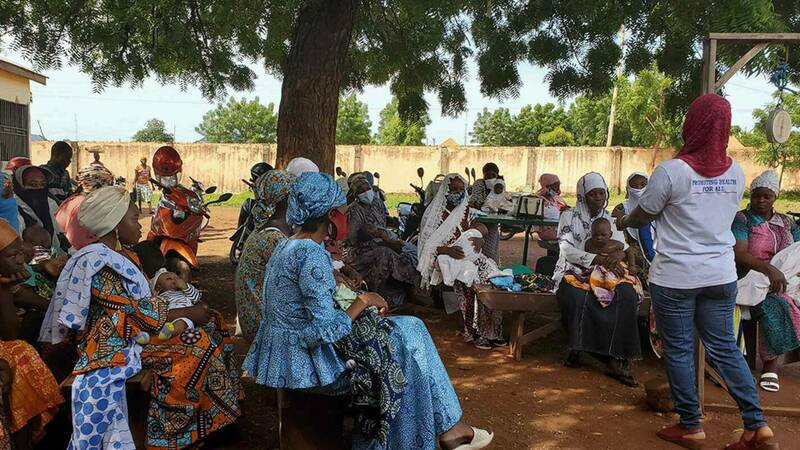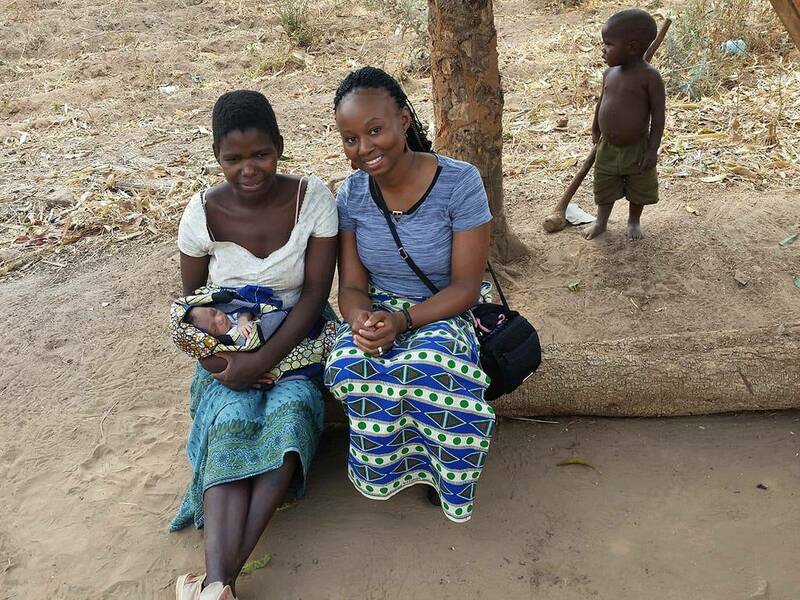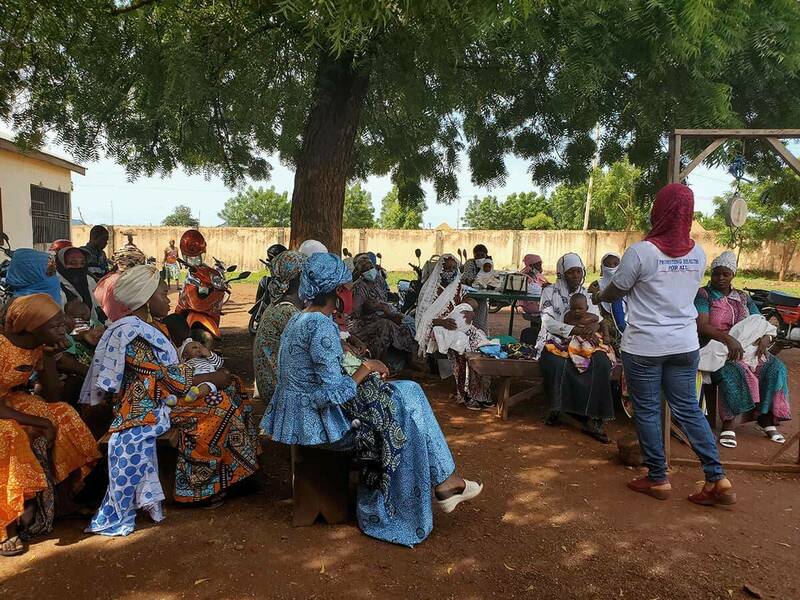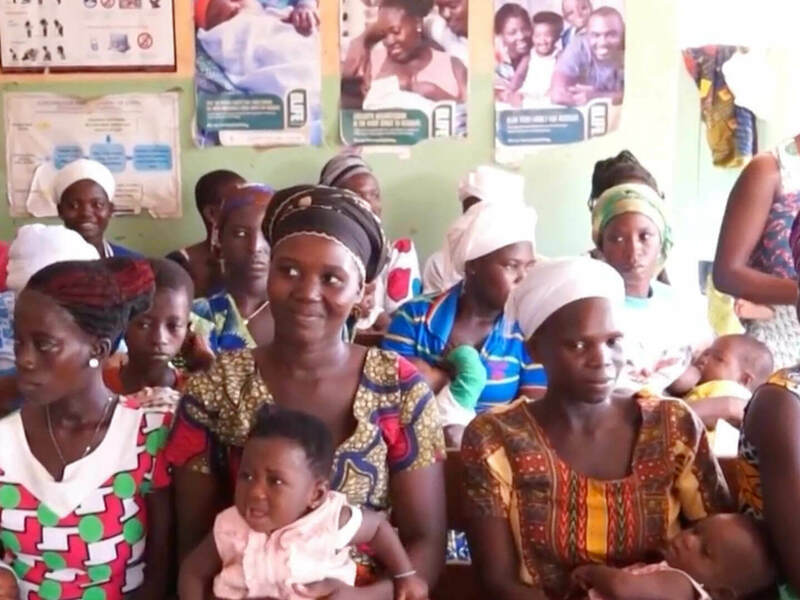
Improving Access to and Quality of Postpartum Care Services
Most maternal deaths occur during the postpartum period, which is the period after childbirth/delivery. The majority of these postpartum deaths are preventable. In order to save and improve the lives of childbearing women across the globe, all women after childbirth must have access to quality postpartum care and education for themselves as well as their infants.
Every woman should have the right to quality postpartum care services, regardless of where they live or give birth.
Yenupini Joyce Adams is an Assistant Professor of the Practice and the Global Maternal Research Lead for the Eck Institute for Global Health at the University of Notre Dame. Prior to joining the Eck Institute, she was a Visiting Assistant Professor of Global Health in the Keough School of Global Affairs, University of Notre Dame.
Adams’ research addresses maternal health disparities that lead to mortality. More specifically, her research is dedicated to improving postpartum health outcomes by focusing on:
- More frequent access to healthcare providers
- Knowledge of warning signs of postbirth complications
- Standardized postpartum education
- Mental health advocacy through peer support

Yenupini Joyce Adams
Eck Institute for Global Health
Assistant Professor of the Practice
Global Maternal Research Lead
Media Mentions
More Media MentionsWomen in Sagnarigu reap benefits of focused postpartum care
May 28, 2023
Bringing a new life into this world is a miracle, and caring for a new-born is a delicate task that requires undivided attention.
However, for many mothers in Ghana, the postpartum period is a challenging time due to a lack of access to focused care. The postpartum period is a critical time when mothers need to recover from childbirth and adjust to their new role as caregivers.
According to the World Health Organization (WHO), more than 60% of maternal deaths occur during the postpartum period, with 95% of these deaths happening in low and lower-middle-income countries like Ghana. Ghana’s maternal mortality ratio of 308 deaths per 100,000 live births are also higher than the global average.
However, thanks to the Focused Post-Partum Care (Focused-PPC) project, a Randomised Control Trial (RCT) being piloted by Savana Signatures and the University of Notre Dame in the United States, mothers in the Sagnarigu Municipality of the Northern Region now have access to comprehensive postpartum care that meets their clinical care, education, and social support needs. The project is being conducted in four health facilities in the municipality and aims to test and evaluate an integrated postpartum care delivery model that helps fill the gaps that put many mothers at risk of postpartum health issues.
Women in Sagnarigu reap benefits of focused postpartum care
May 26, 2023
Bringing a new life into this world is a miracle, and caring for a new-born is a delicate task that requires undivided attention. However, for many mothers in Ghana, the postpartum period is a challenging time due to a lack of access to focused care. The postpartum period is a critical time when mothers need to recover from childbirth and adjust to their new role as caregivers.
According to the World Health Organization (WHO), more than 60% of maternal deaths occur during the postpartum period, with 95% of these deaths happening in low and lower middle-income countries like Ghana. Ghana’s maternal mortality ratio of 308 deaths per 100,000 live births is also higher than the global average.
However, thanks to the Focused Post-Partum Care (Focused-PPC) project, a Randomised Control Trial (RCT) being piloted by Savana Signatures and the University of Notre Dame in the United States, mothers in the Sagnarigu Municipality of the Northern Region now have access to comprehensive postpartum care that meets their clinical care, education, and social support needs. The project is being conducted in four health facilities in the municipality and aims to test and evaluate an integrated postpartum care delivery model that helps fill the gaps that put many mothers at risk of postpartum health issues.


